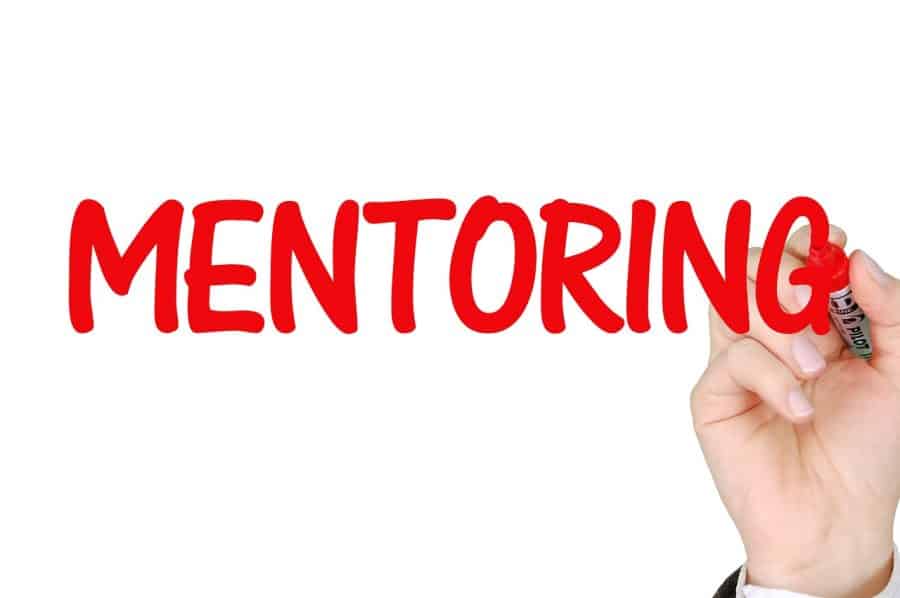This high school teacher with eight years of teaching experience explains the temptation to quit her difficult job dealing with teenagers, and what keeps her from pulling the plug on this challenging but rewarding career.
What is your job title? How many years of experience do you have in that field?
My job title is English/History teacher at a public high school and I have eight years of teaching experience.
Would you describe what you do on a typical day?
On a typical teaching day, I arrive at the school approximately one hour prior to the first bell – at 7:30 in the morning. I prepare the white board, organize my lessons for the day, do some copying if necessary, and open the doors in case a student needs to make-up tests or other work. I interact with my colleagues and answer any emails I may have.
If you’ve experienced discrimination, in what ways have you responded and what response worked best?
At first, the lack of English language skills was a little problem for me, but it was overcome quickly. I never let these shortcomings get in the way of learning to speak a new language and I used a sense of humor, kindness, and asking for help in my daily life.
Because I am a more mature individual, that is, I am middle-aged female – some of the young teachers have often called me “Mom” affectionately. I look at it as being a compliment rather than being slighted by it. I believe two things: that everyone can learn, and that a person is never too old to learn. I know that my job actually is a benefit to those younger teachers who may not have the life experiences, or the initial maturity to deal with teenagers in a public school. I am of European birth, having immigrated with my family to the U.S.
Where you work, how well does your company do ‘equal opportunity’? Is management white and male? How are minorities perceived and treated?
The school where I work at the present time is located in an area of Arizona where there are many Hispanic students. That being the case, the administration is fairly aware of the need for diversity. The hiring that is done is equitable as far as opportunity for anyone who has the qualifications necessary to be able to teach at a specific grade level. The administration itself is diversified with one Hispanic female and two white males. While there are more white middle-aged teachers both male and female, there are Hispanic and Black teachers to round out the teacher population. The instructors are able to treat each other with respect and work well together.
What don’t they teach in school that would’ve been helpful to you?
One of the things that I did not learn in college that would have been really helpful when I began teaching is planning ahead at least a couple of weeks. Seeing the big picture makes it a lot easier to plan the daily work. Most colleges and universities are so focused on the single lesson plan that they forget to tell you that more than one lesson must fit into a unit of learning. I have since learned to adjust and plan a month ahead. A second thing I have learned is that teenagers in particular, respond to kindness and emotion much more than teens used to. As the old saying goes, you can catch more flies with honey than vinegar. Even male students are more emotional and wear their feelings on their sleeves more often than not.
How did you get started in this line of work? If you could go back and do it differently, what would you change?
I began in the business of education when I was faced with having to have a job that required benefits and a full year’s salary. I did a review of my education and life skills and realized that with a little push and a few more courses to obtain my teaching credential, I could have that full time job with benefits. After doing some more homework, I discovered that teachers are paid better if they have a Master’s degree. I found a good university where I could complete my course work online. Meanwhile, I was able to supplement my income with a part-time job in sales. The entire process of receiving my degree happened in about a year and a half. I would not have done anything differently. It was a lot of work but felt good when I was done.
On a good day, when things are going well, can you give an example of something that really makes you feel good?
Most of my days as a teacher are good days! What makes me feel really great is seeing the looks on the student faces when the “brain light” goes on and they truly “get” a point that I am trying to get them to see. Or when something makes everyone laugh until it hurts. When the balance of seriousness and fun is reached…that’s when I am feeling at the top of my game. On the other hand, there are days when nothing goes well. Kids come into the classroom with attitudes that disrupt the mood of the others. It’s sort of like an infection that spreads really fast. Kids have bad days too, and those days are the toughest to deal with.
How stressful is your job? Are you able to maintain a comfortable or healthy work-life balance?
Learning how to cope with the stress of dealing with 25 to 35 teenagers on a daily basis means that you have to establish a management style that is right for you from the first day of classes. If you don’t grab a hold of it right from the start, you will have a difficult time. I have written a number of letters of resignation during my time as a teacher – each time I have torn them up when a student makes the sun shine! All it takes is one! I also maintain a healthy work-life balance by leaving school behind when I go home. Kids can become all consuming and you have to be their teacher and not their best friend. They have plenty of “best friends.”
On a scale of 1 to 10 how would you rate your job satisfaction? What would it take to increase that rating?
On a scale of 1 to 10 I would rate my job satisfaction as an 8 because the pay level for a teacher in the state in which I live is very low and it would be good if there were an increase in the base pay of a teacher. Also, teachers seem to be required to be counselors, mentors, and even stand-ins for parents due to the fact that there are so many dysfunctional families and single parent families where the mother or father is too busy trying to make ends meet, that there is not enough time in the day to pay close attention to the needs of the kids. The burden falls on the teacher to pick up the slack.
What’s a rough salary range for the position you hold? Are you paid enough considering your responsibilities?
The salary range in this state for a beginning teacher is roughly $29,000 for someone with no experience. It goes up to approximately $50,000 for someone with multiple degrees and experience. Most schools here are not year round schools, so there is generally a two and a half months time when you are not working daily.
What’s the most rewarding moment you’ve experienced in this position? Of all the things you’ve done at work, what are you most proud of?
The most rewarding moment of my working life so far is to have had all my students pass the state exams without exception. To see that kind of improvement from the first part of the year when some students come in with major writing and comprehension problems, to being able to pass with flying colors, is truly remarkable.
What’s the most challenging moment you’ve experienced? What would you prefer to forget?
Of course, I would prefer to forget the times that you have to call parents of unruly students, or have to flunk a senior who cannot graduate because of his/her bad grades is sad. All in all, the kids still know that you cared enough to be honest and be the best role model you can be.
What would you tell a friend considering your line of work?
We can all remember the names of special teachers we had in our own school experiences. In fact, many older people can still remember the name of a favorite teacher 50 years later! That speaks volumes. In order to succeed in this field of teaching, you have to have the desire for passing on knowledge in a field that you have passion for, the consistency of sticking with getting a degree and teaching credential in that subject that interests you, and pursuing excellence. I would urge anyone who wants a good job that you can grow with, and likes kids as well, to go into the teaching profession. What other job can you have where you have a 2 months break, lots of holidays and time off, where your professional development is paid for, and you are remembered for the rest of your life?
If you could write your own ticket, what would you like to be doing in five years?
If I could write my own ticket five years down the road, I would most likely want to go into administration or become a curriculum specialist. There are so many opportunities for further growth in the education profession that you can literally pick and chose where you want to be. The jobs in teaching and education can move your heart and can move the heart of a youngster as well. After all, learning is for a lifetime.






